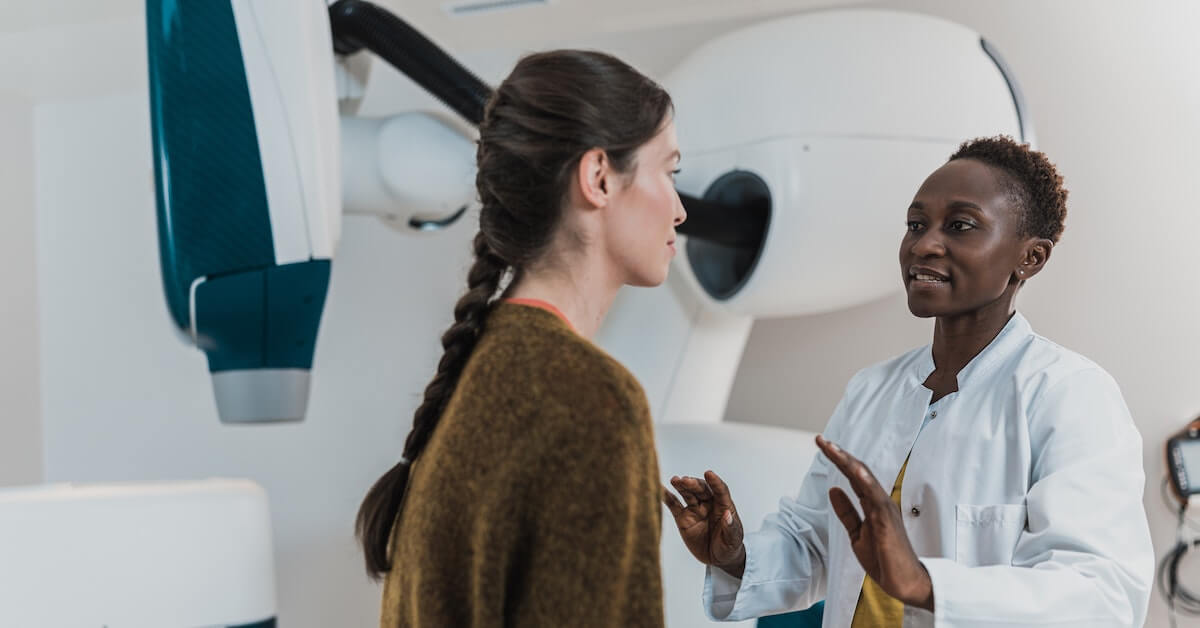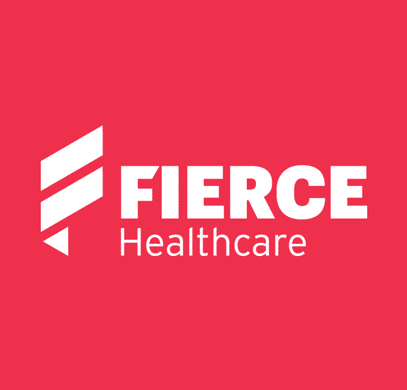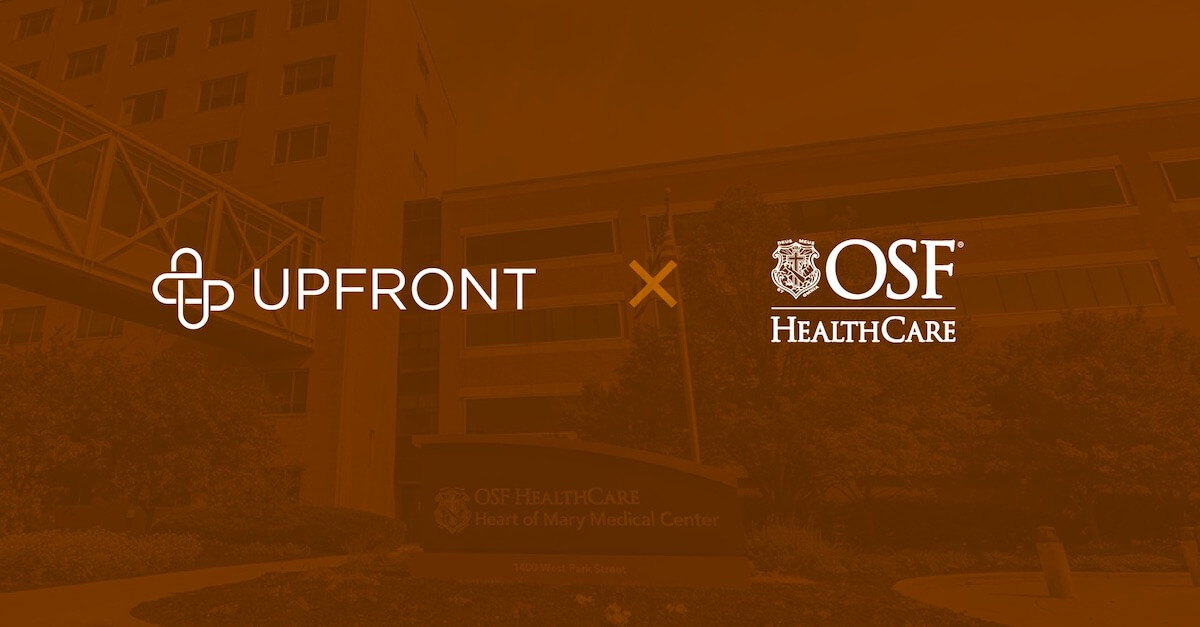According to the American Diabetes Association, more than 122 million Americans live with diabetes or pre-diabetes, with 4,000 new Americans diagnosed every day. The disease disproportionately impacts people of color and low-income families, lacking access to proper care, healthy food and grocery stores. Living with diabetes is a nuanced balancing act even at the best of times. During the age of COVID-19, however, support systems in the form of care management were often compromised when needed most as health systems all over the country were understaffed and overloaded with patient intake.
Upfront’s partner, a large Chicago-based academic medical center, was no exception. Known locally for both academic and health care excellence, the AMC, like every health system in the country, had their operating budget impacted by canceled wellness visits, screenings, and other preventive procedures. As such, they were looking for ways to generate the best possible outcomes in the most efficient manner possible.
Diabetes is a chronic condition and most patients face a steep curve when learning how to manage it. Care management plays a vital role in educating patients to make healthy choices through meal planning, monitoring blood sugar levels, and of course, acquiring and administering insulin. The AMC is nationally recognized for excellence in working with their diabetic patient population, and their relentless pursuit of continuous improvement is where Upfront enters the story.
The AMC was focused on creating an operational efficiency lift in their care management model. Specifically, they knew their care coordinators, highly trained experts in the field of diabetes care management, were often forced to act as call center operators enrolling new diabetes patients into the care coordination program instead of supporting previously enrolled patients living with the disease. The AMC sensed that too much of the care coordinators’ time was absorbed by inefficient outreach efforts and not enough time operating at the top of their license with a patient focus.
Using a phased approach, Upfront impacted the AMC’s diabetes care coordination program in several significant ways. Leveraging Upfront’s patient engagement platform, outreach to newly diagnosed patients was both automated and personalized, with educational information about enrollment delivered via SMS messages containing a link to a microsite, a personalized landing page. Beginning this February and continuing through July, Upfront contacted over 700 patients to inform and navigate patients to enroll in care coordination while providing an operational lift to the care coordination team. Of those patients contacted, nearly 31% engaged with the content and 25% “converted” by responding to one of the suggested actions. Both Upfront and the AMC recognized this work as a good first step but were troubled by the 11% of recipients who opted out of further communication.
Sensing room for enhancement, Upfront made the following important program design updates:
- Employed an omnichannel approach, adding email as an additional form of outreach
- Segmented language by gender to ratchet up personalization
- Included tactful, direct escalation language to establish an appropriate yet significant level of urgency and a clearly defined call to action
The iteration paid off: Within 30 days, conversion nearly doubled from 25% to 45% and opt-outs among the remaining 89% of recipients ceased completely. When care coordinators did place outbound calls, they were essentially guaranteed a warm, receptive audience on the other end of the phone. That’s not to say that those folks who opted out were ignored – they were simply captured into separate outreach queues for further qualification and follow-up.
“We launched this program with Upfront to answer one overarching question: In a high touch care management model, how we can we increase the value and effectiveness of every touch,” said a member of the AMC’s leadership team. “We learned that no matter the age group, the right message made easily accessible and relevant on a personal level begins to immediately build trust towards what the patient needs to happen next.”
And what came next for the AMC? The successful program was expanded to include additional patient populations, such as those enrolled in the AMC’s transitions of care and high-risk care coordination programs. All told, more than 10,000 patients met the criteria for multi-channel outreach, with personalized microsites launched to approximately 9,100 of them. Freed from having to operate as inside sales professionals, care coordinators were more readily available to engage with patients in need of their expertise. During this initial rollout, the AMC-Upfront partnership resulted in nearly 300 unproductive FTE hours saved to the tune of roughly $12,300 in savings right out of the gate, in addition to greater visibility into necessary staffing levels. While the immediate savings are tangible, the downstream future cost savings and improved patient outcomes of an established digital relationship will no doubt be significant.




